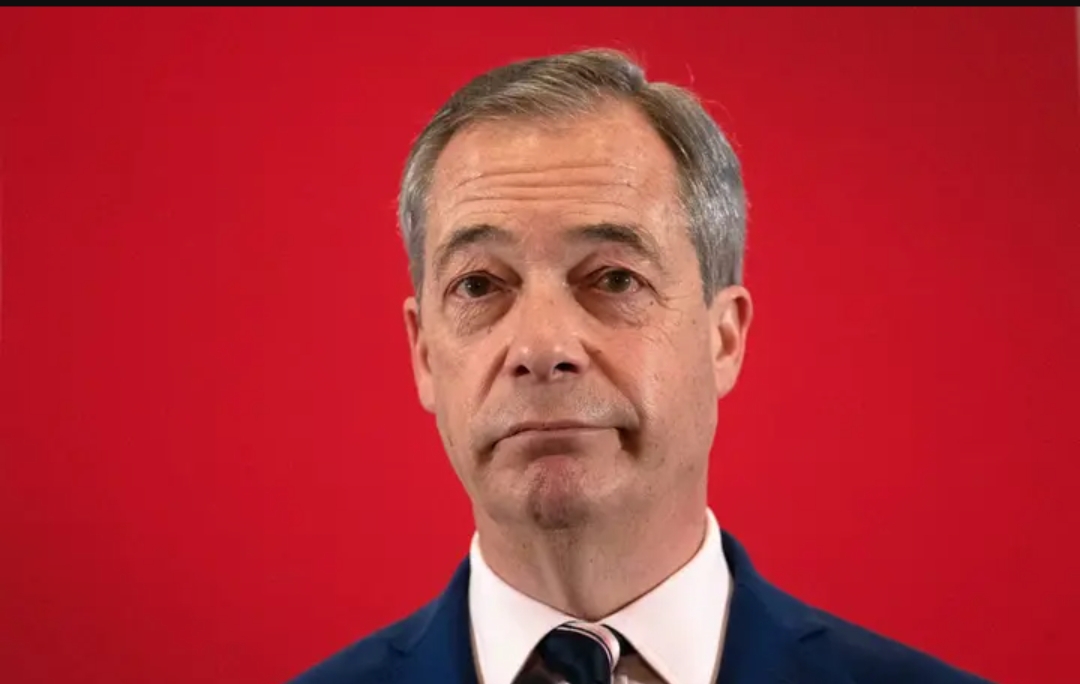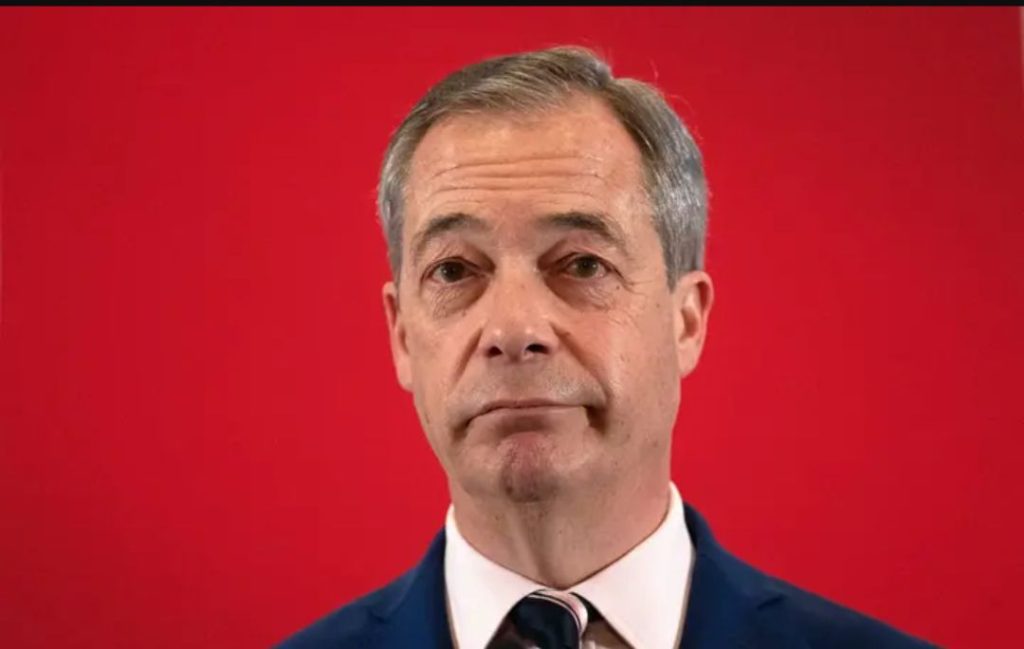
In a surprising turn of events, former Ukip leader Nigel Farage has hinted at the possibility of a political comeback, revealing his ambitious goal of winning the general election after the next. The political figure, known for his role in the Brexit movement, acknowledges the challenges posed by the first-past-the-post electoral system but remains tempted by the prospect of influencing the future trajectory of British politics.

Speaking to GB News, Farage expressed the pressure he feels daily as speculation mounts about his potential return to frontline politics. He candidly admitted that the decision is not an easy one, considering the hurdles posed by the existing political system. Reflecting on the historical challenges faced by other political movements, Farage mentioned the 1983 election and the struggles of the Social Democratic Party (SDP) in gaining seats despite a significant share of the vote.
Farage highlighted his concerns about the efficacy of challenging a system that may seem unbreakable. Drawing parallels with his past efforts in UKIP and the Brexit Party, he emphasized that his endeavors have always been geared towards achieving specific goals, notably the independence of the United Kingdom. The question now is whether his return to politics would be a constructive effort with a realistic chance of success.
The former Ukip leader acknowledged the temptation to re-enter the political arena but underscored the need for positive outcomes. Farage sees his role not just as a “wrecking ball” but as someone focused on achieving tangible goals. He emphasized that if he decides to make a political comeback, the ultimate aim would be to secure victory in the general election after the next.
Addressing concerns about potentially impacting the Conservative Party, Farage dismissed the idea that his intervention could cost them the election, asserting that they are likely to face significant challenges regardless. Instead, he emphasized the need for a credible opposition to Labour leader Keir Starmer, envisioning a scenario where the Tories lose, paving the way for a political shift.
Farage delved into the historical context, noting significant political changes that occurred once a century. He weighed the gravity of the decision, stating that affirming a return to politics effectively marks the end of his current working life. The political figure concluded that he is constantly engaged in the internal debate, evaluating the right course of action.
As the speculation surrounding Nigel Farage’s potential political comeback continues, the British political landscape remains on edge, awaiting a decision that could potentially reshape the dynamics of future elections.




